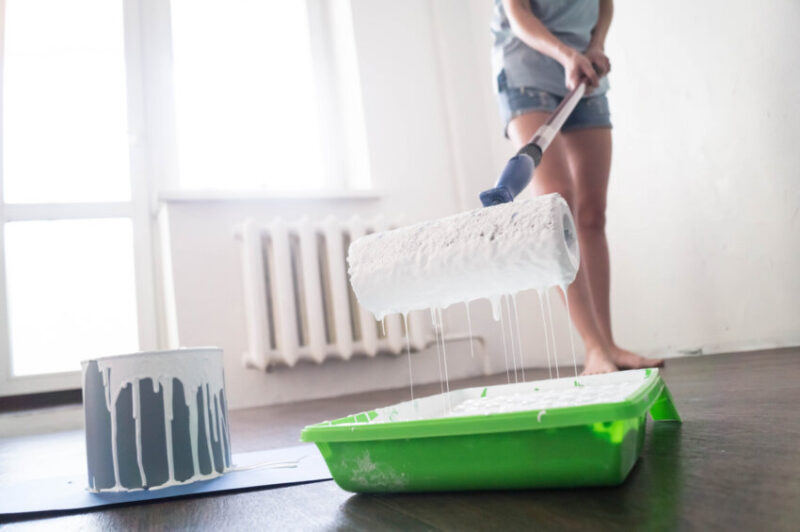Autism and attention deficit hyperactivity disorder (ADHD) may be preventable if parents avoid toxic exposures and adopt interventions such as environmental house calls, according to a published study led by researchers from the Hoffman TILT Program at UT Health San Antonio.
Using a validated, self-administered questionnaire now used worldwide to identify individuals with chemical intolerance – the Quick Environmental Exposure and Sensitivity Inventory (QEESI) – parents and practitioners can determine the risk for each family and learn which exposures to avoid in their own homes where most people spend most of their day, the researchers said.
A population-based survey of nearly 8,000 U.S. adults, using QEESI, found that parents with chemical intolerance scores in the top tenth percentile had 5.7 times the risk of reporting a child with autism and 2.1 times for ADHD compared with parents in the bottom tenth percentile. The findings build on a 2015 study by UT Health San Antonio that first linked chemical intolerance in patients with the risk of their children developing autism and ADHD.
“This is the first-ever article in medical literature showing that chemical intolerance as reported by parents predicts and has the potential to prevent autism and ADHD in their children,” said Claudia S. Miller, MD, MS, leader of the Hoffman TILT Program and professor emeritus with the Department of Family and Community Medicine at UT Health San Antonio. “Up to now, most interventions have been behavioral or medical, after a child is diagnosed.”





